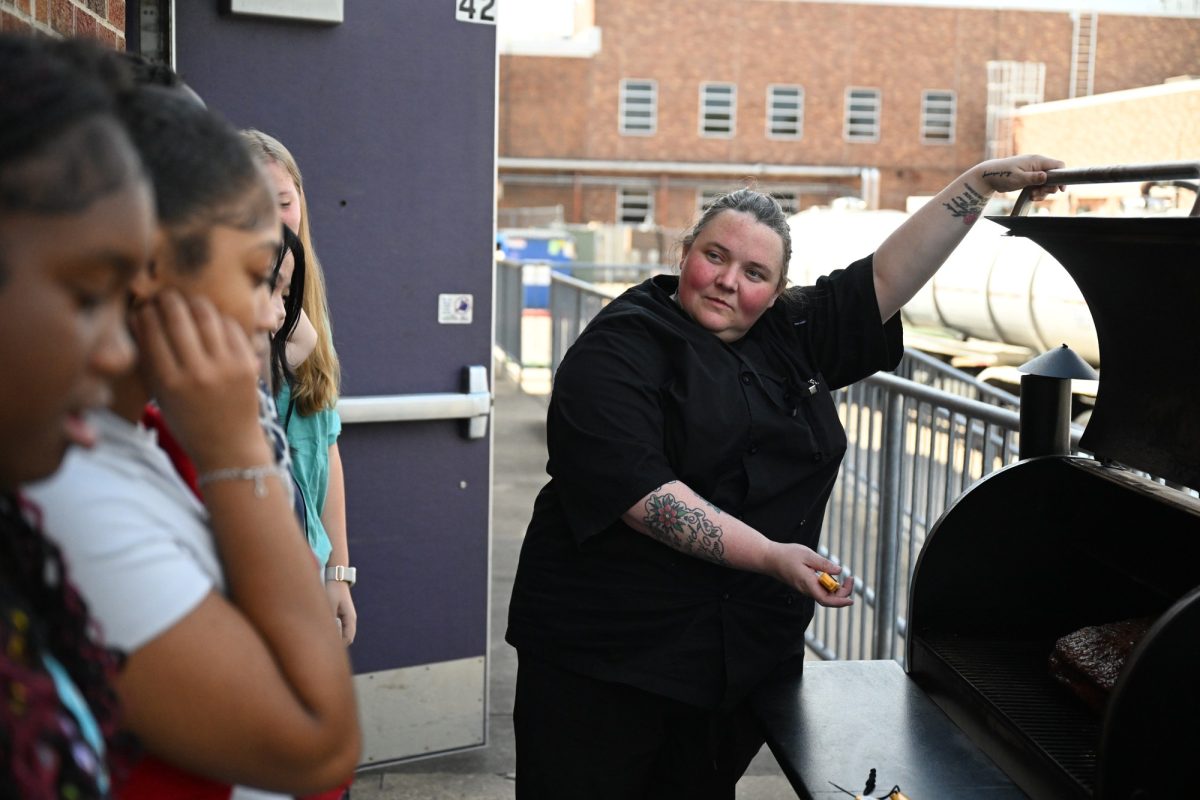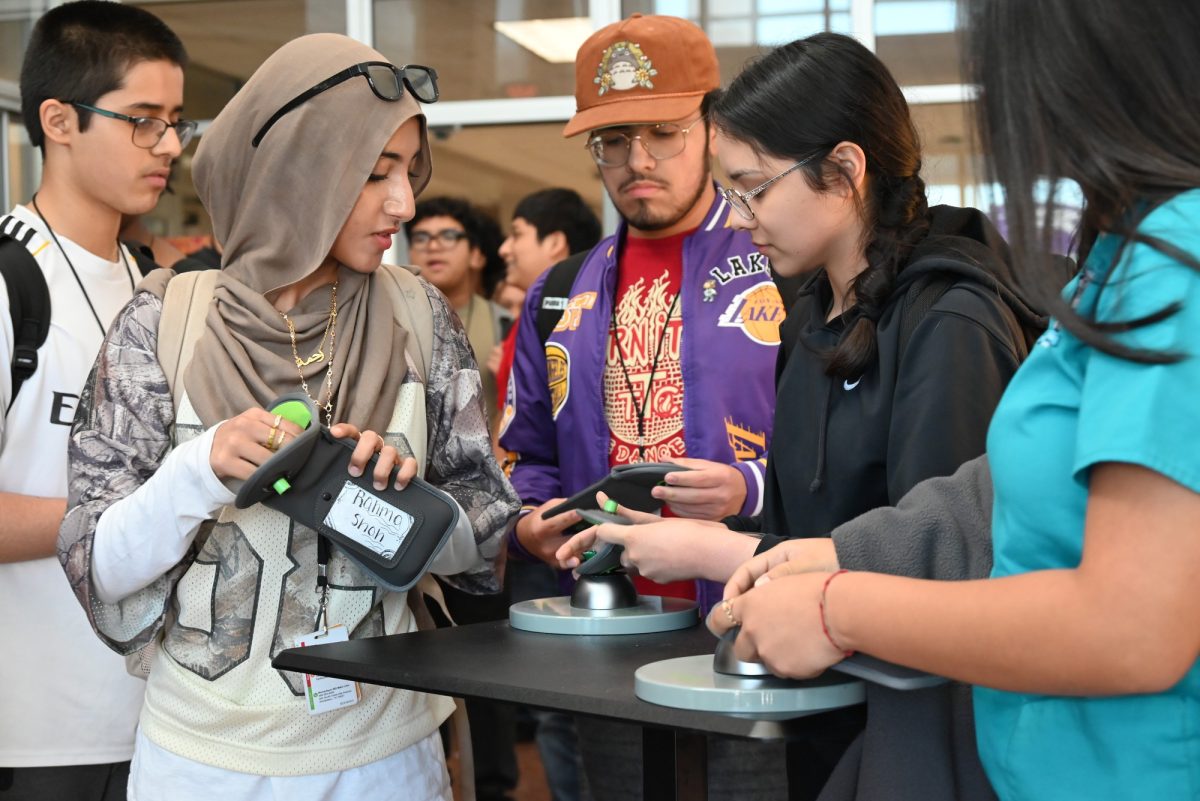Junior Patricio Dominguez sits nervously in front of his phone camera with his hands behind his back and takes a deep breath. In an instant, a wave of ice cold water crashes over his head, soaking him from head to toe. A towel suddenly gets thrown on his face and he leans back as more water gets dumped on him. Despite shivering from the cold, he can’t wait to post this moment on his Instagram story.
Students are participating in the University of South Carolina’s “Speak Your Mind” challenge, a viral campaign where participants dump icy water on themselves and post it online to raise awareness for mental health.
The challenge was started by USC’s Mental Illness Needs Discussion (MIND) club to spark conversations around mental health. Participants tag the organization in their videos and nominate others to keep the movement going.
Dominguez was nominated by his friend to do the ice bucket challenge. While he was eager to join in, he decided to add something else to make it more extreme.
“I basically told my friend, ‘hey, you’re going to have to waterboard me,'” Dominguez said.
Dominguez ended up doing the challenge twice because he wanted his friend to be more aggressive when dumping the water on him so the video was more entertaining.
Dominguez said he thought getting waterboarded was going to feel a lot worse but to his surprise, it wasn’t that intense. He actually felt more refreshed afterwards because he did a workout right before he did the challenge.
He said he wasn’t nervous about getting water dumped on him but rather nervous about speaking in front of a camera and how he looked.
“That was definitely what I was more concerned about, rather than like the water or anything else,” Dominguez said.
Sophomore Inara Rahman said just a week ago, she had only seen a few students doing the challenge but soon, more people began joining in. When she saw her friends participating in the challenge, she thought, “yeah, it’s about to be my time to do it too”.
At first, she didn’t want to dump a bucket of water on herself but after getting nominated by her friend, she knew it would be “lame” not to.
“You were nominated,” Rahman said. “You got to take on that challenge.”
Dominguez said he believes if you’re nominated, then you should participate in the challenge instead of trying to be “nonchalant” or different. There’s no harm in doing it and you can try to put in your own twist to make the challenge more fun.
Participants are also encouraged to donate to Active Minds, a nonprofit dedicated to promoting mental health for youth and young adults. So far, the campaign has raised over $50,000.
Dominguez said the purpose behind this ice bucket challenge is really cool because spreading awareness and having an open discussion about mental health is important, especially for men who who often struggle to speak openly about it.
He also said while most people participating in the challenge aren’t really doing it for mental health awareness, it’s fun for people to do. And because it’s fun, it’s very easy to go viral over like a longer period of time.
“At the end of the day, it does bring awareness to the problem no matter what,” Dominguez said.
The ice bucket challenge originally started back in 2014 for a campaign to raise awareness for Amyotrophic lateral sclerosis (ALS).
AP World History teacher John Witter participated in the ice bucket challenge when it was for ALS. He said the novelty of the challenge made it fun to participate in.
“I think the uniqueness of it meant that people were talking about it,” Witter said.
Rahman said she didn’t know the ice bucket challenge was a big trend back then but she loves that it’s getting brought back.
“I am actually very happy that my generation got to participate in this challenge,” Rahman said.







